
The ‘World’s Greenest Football Club’ and Their New Eco-Friendly Kit

The Forest Green football club, also known as The Green Devils, Rovers, and The Little Club on the Hill, was founded in 18989 by the local Reverend Edward Peach and began their career at the Lawn Ground in Nailsworth Gloucestershire.
Nailsworth is a small town and a civil parish in Gloucestershire, England, and has a population of about six thousand. The town itself is pretty famous for its artistic market town, which is nestled in a wooded valley to the east of Stroud valley in Cotswolds.

Pixabay/ Pexels | Football stadiums can produce a lot of carbon waste that can have a significant impact on the climate
The football club joined the league in 1894 to 1895 in the mid-Gloucestershire season but suddenly disappeared. It then returned in 1898 as the Forest Green Rovers and won titles in Southern League of 1997 to 1998 and FA Vase of 1981 to 1982.
What makes it the “Greenest Football Club”?

Ready-made/ Pexels | Recycling is the first step to a sustainable future
FIFA, the governing body of football teams, recently announced the Green Devils as the greenest soccer club in the world, mainly because sustainability is the center of attention for Forest Green Rovers. They do everything possible to help their environment.
This includes solar panels, electric vehicles, and electric charging points. They also serve a meatless menu of shiitake burgers, katsu, pickled veggies, and vegan pie to attendees at their games. This is quite unusual, but these actions and decisions make The Forest Green Rovers an anomaly in European football. Moreover, the United Nations football governing body declared this club the world’s first carbon-neutral football team that sustains a vegan livelihood.
FGR’s stadium, also called “The New Lawn’ is powered with a hundred percent renewable energy charged through solar panels on the roof of the stadium and windmills situated nearby. The groundskeeper tends the land himself and rips weeds by hand and a typical pesticide spray. The field is managed with natural fertilizers only and sprinkled with Scottish sea algae.

Akil Mazumder/ Pexels | Time spent with nature is never time wasted
The team has also decided to ditch dairy for January while promoting veganism. Their new kit reflects their climate-neutral movement in 2017, partnered with PlayerLayer to create a prototype strip that contains recycled plastic.
Their new green shirt with black stripes kit is made from a coffee-based fabric that has shown top performance in numerous initial tests and has proved to be lighter, breathable, and more durable than any club’s current kit. It is also made from eco-friendly bamboo to give the fabric a firm grip.
The money received from the sales of this kit would be divided between Gloucestershire NHS and Charity One Tree Planted. They named the kit Coffee V1, made from 35% recycled coffee beans and 65% recycled polyester.
The club chairman, Dale Vince, is looking forward to working on more innovative ideas such as recycling cooking oil from the vegan kitchen into biofuel and replacing milk with oat milk, soy milk, rice milk, and almond milk. He advises his team members to build muscles with nut butter and tofu rather than fried food or meat.
More in Football
-
`
World’s Oldest Surviving Basketball Court May Help Boost Small Town Tourism
Basketball may be a global sport. But its roots run deeper in Canada than most people think. In the small border...
July 30, 2025 -
`
China Builds 50m-Tall Inflatable Dome to Reduce Construction Pollution
Cities deal with construction dust and noise daily. But a new dome in Jinan, in eastern China’s Shandong province, is changing...
July 23, 2025 -
`
Ligue 1 Adopts ‘Simplified’ Yellow Card Suspension System for Season 2025/26
Starting in the 2025/26 season, Ligue 1 is changing the yellow card suspension rule, and it is about time. The old...
July 17, 2025 -
`
Key Highlights From UFC 317 (June 26 – 29, 2025)
UFC 317 took over Las Vegas from June 26 to 29, 2025, and it didn’t waste a second. Fights were fast,...
July 9, 2025 -
`
Who Invented Basketball? Here’s All You Need to Know
Basketball didn’t just show up one day. It had to be invented. The story most people know starts in 1891 with...
July 3, 2025 -
`
What to Do (And What to Avoid) Before a Cruise
A cruise vacation is an incredible escape from the daily grind, offering relaxation, adventure, and the chance to explore new places....
June 25, 2025 -
`
Big Ten Basketball Power Rankings 2025. Can You Guess Who’s #1?
Big Ten basketball is once again the loudest, toughest, and deepest show in college hoops. The 2024-25 season was stacked with...
June 18, 2025 -
`
How Russia Is Using ‘Terrifying’ Fiber Optic Drones in Ukraine
In Ukraine, the battlefield is changing fast. Russian drones are not just flying cameras anymore, they are controlled by fiber optic...
June 11, 2025 -
`
Top 5 College Football Teams for the 2025 Season Ranked
College football is about to get wild in 2025. After two years of Big Ten dominance, the SEC is ready to...
June 3, 2025

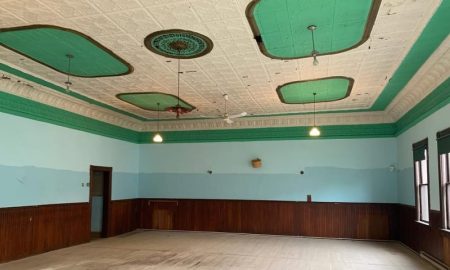
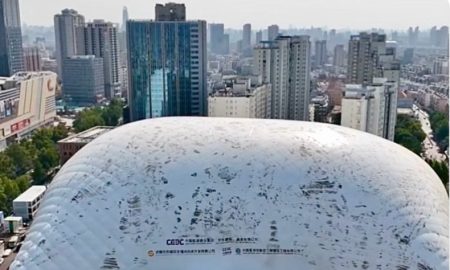

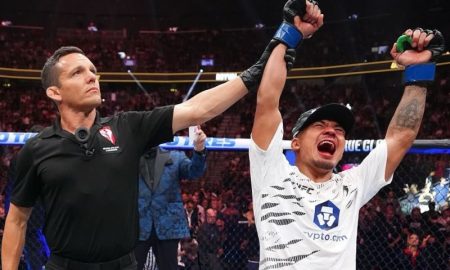
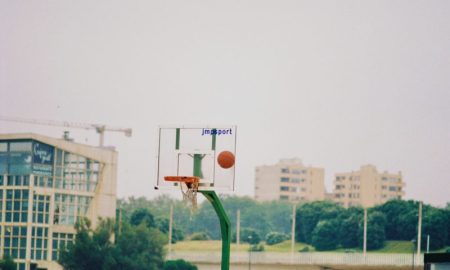
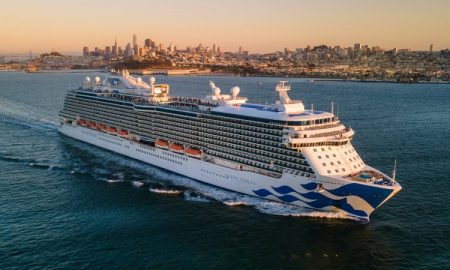
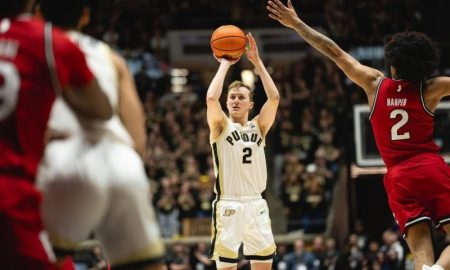

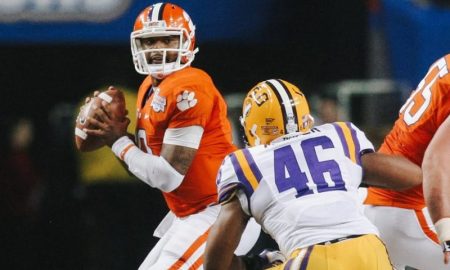




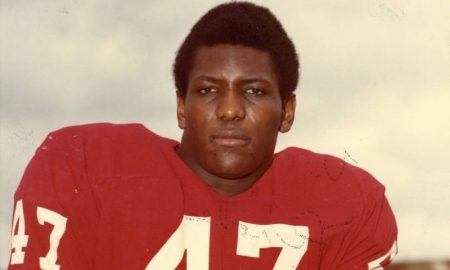
You must be logged in to post a comment Login